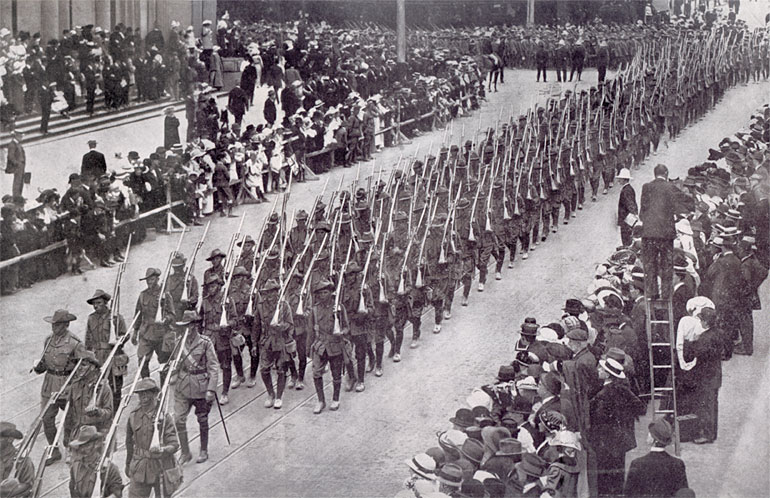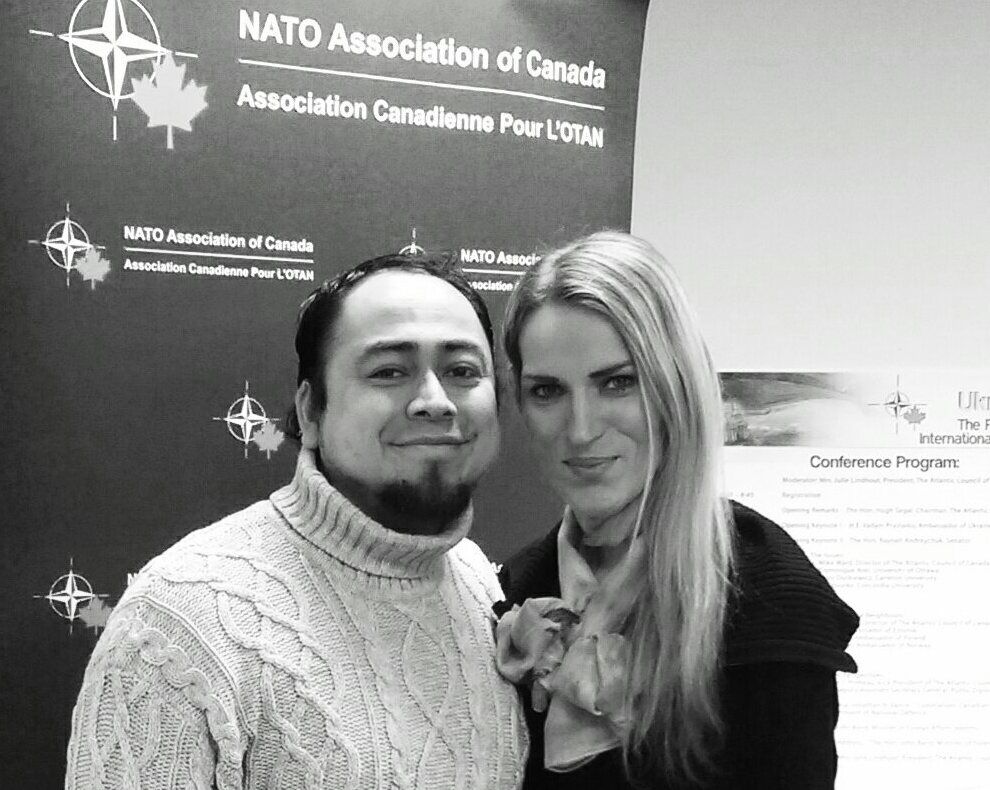Paradox Interactive, one of the most successful game developers in the strategy genre, brings in approximately $30 million every year from its sales. To be sure, this is a modest sum compared to some of the largest gaming franchises. Paradox’s revenue is only half of Nintendo’s profit.
Still, the target audience for grand strategy titles ranges into the millions in the English-speaking world alone. The necessary mindset in a player, who grasps instantly one’s national interest and plans accordingly, would seem readily transferable to the world of international relations. As I’ve previously mentioned, even the Secretary-General of NATO is a gamer. However, this hypothesis needs solid data. Do grand strategy games offer any value beyond simple entertainment?
In truth, it varies considerably depending on what you play. Let’s look at examples from the three largest competitors in the grand strategy genre.
Crusader Kings II, the second in one of Paradox’s flagship series, is set in the Middle Ages and gets many of the fundamental aspects of medieval European politics correct. Dynastic marriage alliances, the titular Crusades, and trying to manage dozens of scheming vassals are all central parts of the game. Ambitious warlords can rise from count to king in a single generation, only to see their realm collapse as heirs go to war trying to seize as much as possible. Brutality can easily backfire, but for skilled players it can be a viable tactic.
The risks in staging a coup and the necessity of sound finances for military activity remain the same today, but little else does. In the year 2015, most countries do not assassinate the children of rival leaders to prevent them from being future threats. The present-day relevance of Crusader Kings is doubtful at best.
Sid Meier’s Civilization V, developed by Firaxis Games, ranges from 4000 B.C.E. to the year 2050 CE, covering most of human history’s scope and traveling into the near future. Such a span of time means that technological progress has a decisive bearing on any potential success, which is true enough today. Great influence is also achievable in-game through the spread of one’s culture, a common criticism of globalization in real life. However, the game does feature international institutions of implausible effectiveness, such as imposing penalties on states for not following a previously-declared ‘World Religion.’
The Total War series, made by The Creative Assembly, is unique among the genre to feature both grand-scale planning like the previous two games in addition to real-time combat between armies that meet on the world map. Eager players can deploy their soldiers in imitation of historically successful tactics; I can testify from having played Rome: Total War that forces inferior in numbers and weaponry can still achieve decisive victories by well-executed flanking maneuvers and encirclements. For historical evidence of this, one need only read Wikipedia’s description of the Battle of Cannae.

However, conflicts between states are no longer the norm. Asymmetric warfare is widespread in the world today, which is difficult to simulate in a video game. This renders even the best depictions of classical battles useful mostly for historians, though prospective officers could potentially learn some of the basics this way.
One common flaw to all of these is the unrealistic ease of logistics, which is an understandable sacrifice in the name of simplifying gameplay. In real life, however, logistics is often the factor that makes or breaks campaigns. North Korea’s initial invasion in the Korean War quickly overran the South’s defences, but the speed of their advance combined with harassment by American air power resulted in a severe lack of supplies. By the time General MacArthur landed at Incheon, the remaining soldiers of the Korean People’s Army could not even retreat properly; many simply scattered to the winds.
Perhaps games like these can teach lessons by how they fall short compared to real life, as much as for their historical accuracy. There is one game, however, that simulates a potential real-life scenario with chilling accuracy.
DEFCON, named for the American military’s scale of defense readiness, sends the player through a full-scale nuclear war. Nothing the player does can avert some level of catastrophe, as even the best defensive networks will fail against the staggering volume of destruction heading your way. Nor is it possible to negotiate a last-minute ceasefire, an all-too-realistic possibility in an international crisis.
The detonation of a nuclear warhead merits a brief, text-only response: “Mumbai destroyed. 8.6m dead.” This sort of eerie inhumanity occurs inevitably in every playthrough of the game, which produces a far more disturbing and surreal sensation than watching the on-screen deaths of pixelated characters in the Total War games.
So, internationally minded gamers: grand strategy is definitely more than mindless entertainment. Does it help with the mental attitude needed in international relations? Possibly – but be aware of its limitations.
Personally? There’s a fan-made conversion of Crusader Kings II to the fantasy setting of Game of Thrones. I’ll leave it at that.





